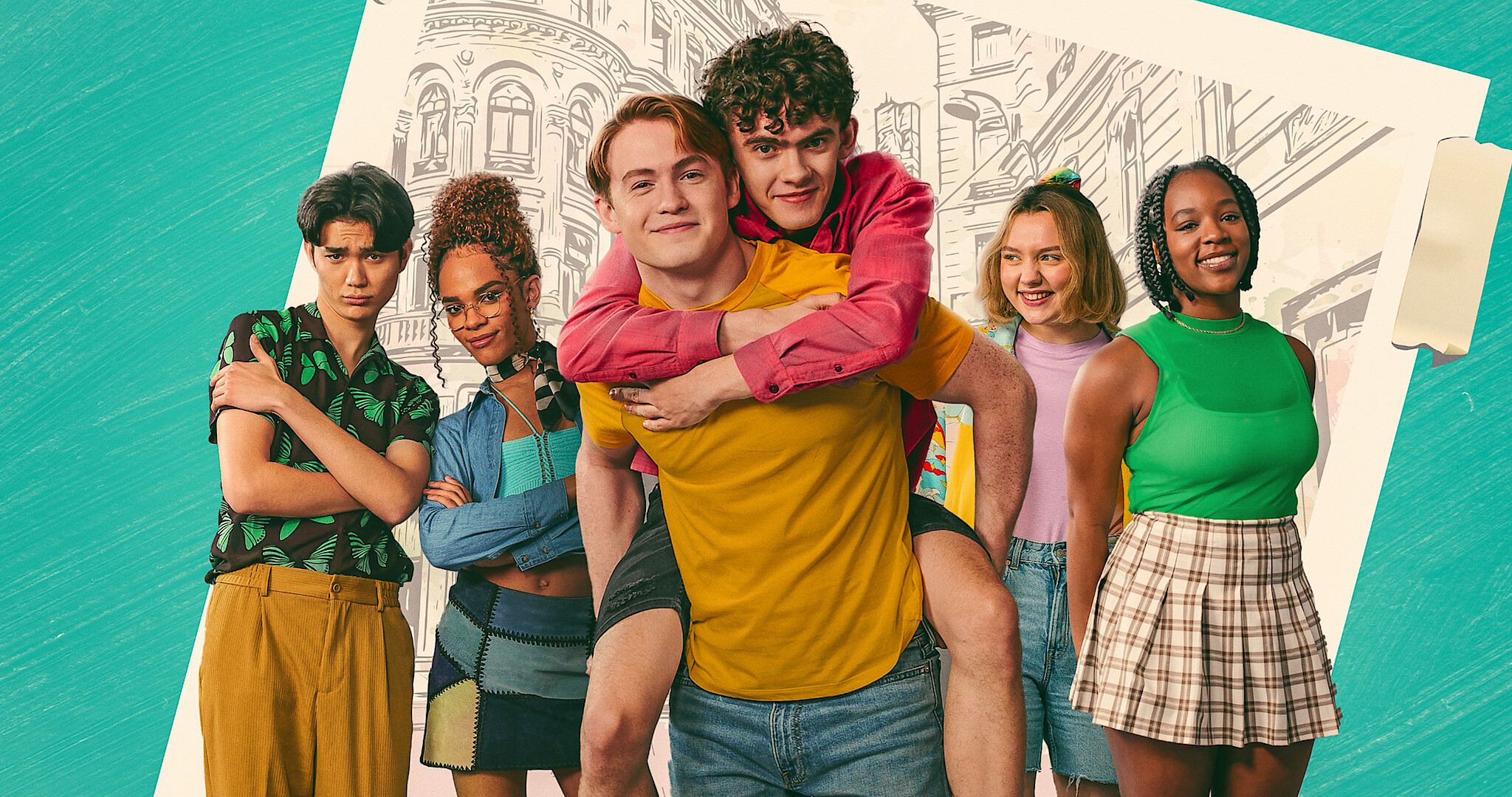Heartstopper’s Great, Except For This…
How would life have played out for you if you lived in the world of Heartstopper?
Alice Oseman and Netflix’s trending LGBT rom-com couldn’t have a more fitting name for a show. It has practically stopped and stolen the hearts of many LGBT+ community members, from the youngest tweens to its seniors.
While it has been met with universal acclaim, there’s always a vocal sector of the community that doesn’t enjoy feel-good content.
For one, the show’s idealistic representation of gay couples, while undeniably positive, has brought out complicated feelings in part of its audience. LGBT+ people have reported anger, grief, and even sadness when they compare Charlie Springs’ (Joe Locke) and Nick Nelson’s (Kit Connor) love story, with their own childhoods and adolescence. Prejudice and discrimination are ever present in LGBT+ people’s high school experiences.
“..Forever sad for my adolescent self knowing what I went through and still living with the repercussions of it..”
Interestingly, researchers have labeled this phenomenon: as minority stress. It’s described as a cumulative negative effect of threatening social conditions, usually leading to heightened isolation, depression, and anxiety.

Psychologists urge the show’s audience to not judge their experiences as wholly black or white. Humans are capable of juxtaposing opposite emotions simultaneously, and that’s impressive on its own. Sadness does not cancel out joy, nor does schadenfreude cancel freudenfraude – finding pleasure in someone else’s good fortune, even if it doesn’t directly involve us.
Some LGBT+ members have even tried to cope with the pain caused by these emotions by chasing unavailable partners, engaging in risky sexual activities, or feeling more isolated.
Someone could feel both joy for the Heartstopper characters and the newer generations, while also sadness for their own experience. It doesn’t take away from their ability to enjoy the show and to live their life to the fullest.
Other LGBT+ community members don’t feel represented by the show or its characters.
However, isn’t the expectation that Heartstopper should provide an authentic representation of the complete universe of queer experiences a little flawed in its premise?
After all, the show is about LGBT+ love, but we all know that LGBT+ love is highly intersectional. Cramming a whole array of experiences, scenarios, and characters that can accurately portray them with due respect would certainly take more than just two seasons of content.
Since Alice Oseman’s comics do portray more diverse experiences as they go on, we can expect future seasons of Heartstopper to satisfy other community members who might not vibe with the current ones.
By- Sebastian



